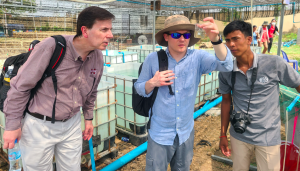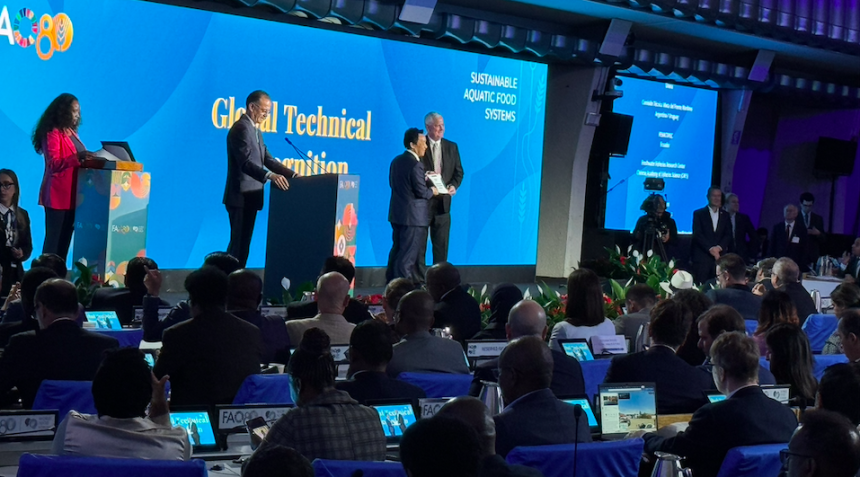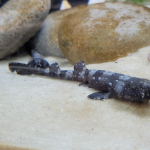Mississippi State University’s efforts to alleviate world hunger through sustainable aquatic food systems are being recognized globally.
The Food and Agriculture Organization of the United Nations is highlighting Mississippi State’s Global Center for Aquatic Health and Food Security for its technical leadership, collaboration, and innovation in sustainable agrifood systems transformation. The recognition comes as part of the organization’s 80th anniversary celebrations during the 2025 World Food Forum.
Mississippi State’s efforts align with the global organization’s “four betters” — better production, better nutrition, better environment, and a better life — and reflect the World Food Day theme, “Hand in hand for better foods and a better future,” per officials.

“[The Global Center for Aquatic Health] is very pleased to represent MSU in receiving this recognition,” Director Mark Lawrence said. “Since 2013, we have partnered with FAO to support aquatic food security globally, including teaching farmers about rice-fish farming in Nigeria and implementing aquaculture biosecurity in Bangladesh.”
Established in 2013, the Mississippi State center aims to reduce world hunger through research supporting sustainable aquaculture and the ecological health of aquatic resources, while also protecting and managing the health of aquatic animals, through a variety of domestic and international projects in a wide range of natural and social science areas.
Its primary projects include bolstering fish health in the Republic of Georgia, caring for the critically endangered Kemp’s ridley sea turtle and marine mammals at the Gulf Coast Aquatic Health Lab in Ocean Springs, and serving as a Food and Agriculture Organization reference center on antimicrobial resistance and aquaculture biosecurity, among others.








